Located at the crossroads of Central, South and West Asia and sharing its borders with Central Asia on the North, Chinese province of Xinjiang in the east, Iran on the west and south west, and Pakistan and Pak-occupied Kashmir on the south and south east, Afghanistan occupies a unique geostrategic placement in the region. In the post-cold war period which witnessed the demise of USSR, establishment of an Islamic state and the rise of Taliban, Afghanistan has remained at the centre stage of regional and international politics. The Taliban enforced their extremist religious and socio-political agenda and turned Afghanistan into the hub of arms and drugs trafficking and international terrorism with Osama Bin Laden using it as the base of AI Qaeda and other Islamist terrorist outfits. The UN and other International peace initiatives made no headway in the face of determined Taliban opposition to share power with rival Afghan groups. Afghanistan remained fractured and turbulent country posing great challenge to peace and security in the region. This book presents various perspectives on the Afghanistan crisis deliberating upon various issues ranging from ethno-politics, politics of access to Central Asian oil and gas, human rights, refugee situation, position of women, role and response of regional and extra-regional powers, rise of Taliban etc. Eminent area specialists and Afghanistan experts from India, Australia, Central Asian Republics, Pakistan and United States have contributed to this compact volume which provides deep insight into the situation in Afghanistan under the Taliban and its implications for peace and security in Central and South Asia.
The Afghanistan Crisis: Issues and Perspectives
In stock
Free & Quick Delivery Worldwide
reviews
Bibliographic information
Title
The Afghanistan Crisis: Issues and Perspectives
Author
Edition
1st ed.
Publisher
ISBN
8186505636
Length
xxx+523p., Maps; 23cm
Subjects

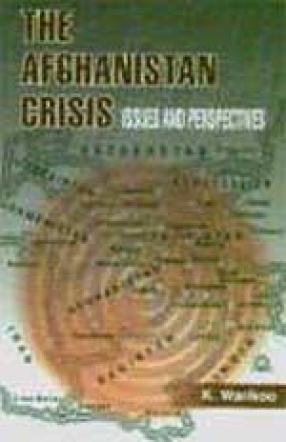
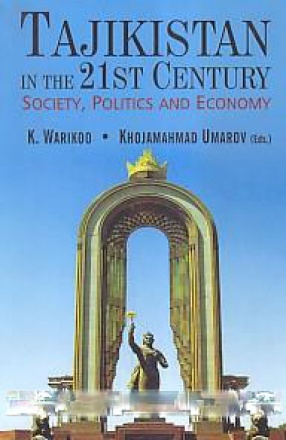
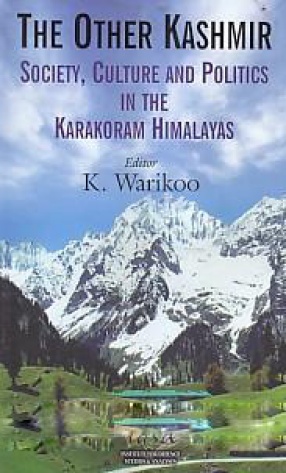
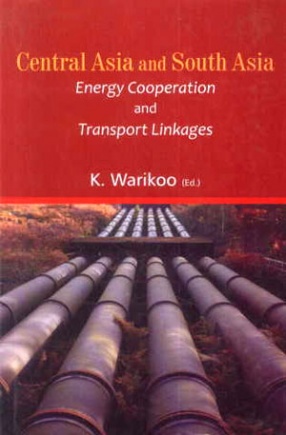

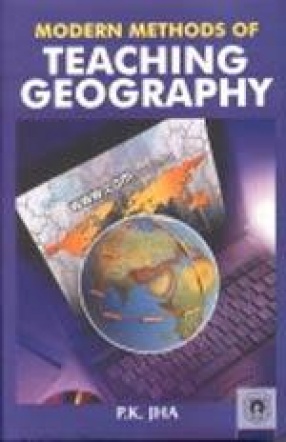

There are no reviews yet.